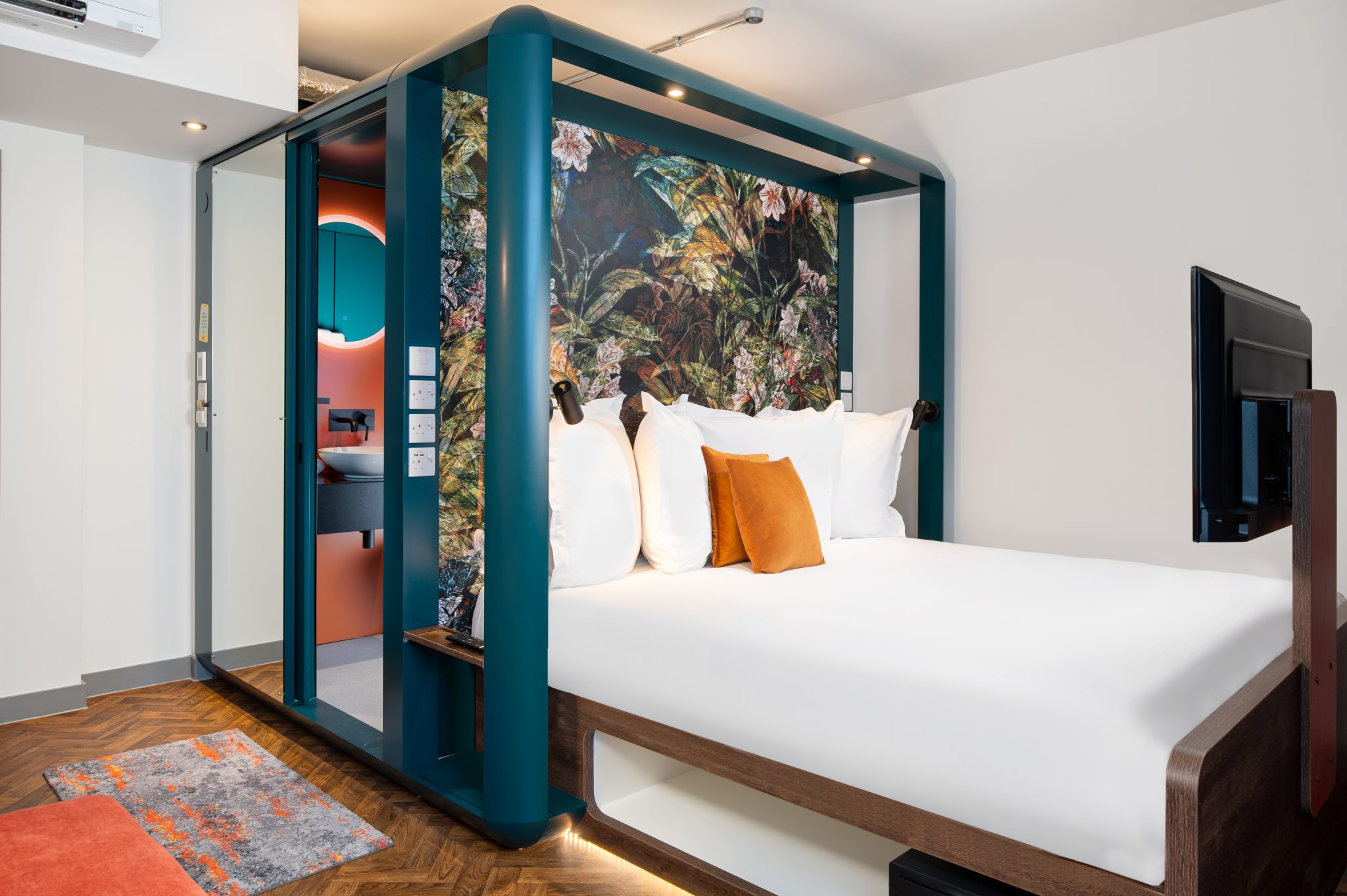Business Travelers Are About to Check In To Smaller Hotel Rooms

Skift Take
Not small, but "compact" — that’s the message hotel group Yotel prefers when talking about the size of its rooms. But there’s no getting round the fact that business travelers will need to get used to less square footage after the pandemic.
Hotels are ceding more space to public areas, with corporate guests and local remote workers looking for desks or a place to hold a meeting.
Developers will need to focus on “revenue stream diversification” after the pandemic, JLL Hotels & Hospitality Group predicts in its new Global Asset Management Report. Hotels should also consider new fee models in the same way airlines charge for ancillaries, it added.
“As hotels reinvent themselves, we should be looking at the total revenue of the entire hotel and how every square footage of the hotel impacts the bottom line,” said Andrea Grigg, head of global asset managem
